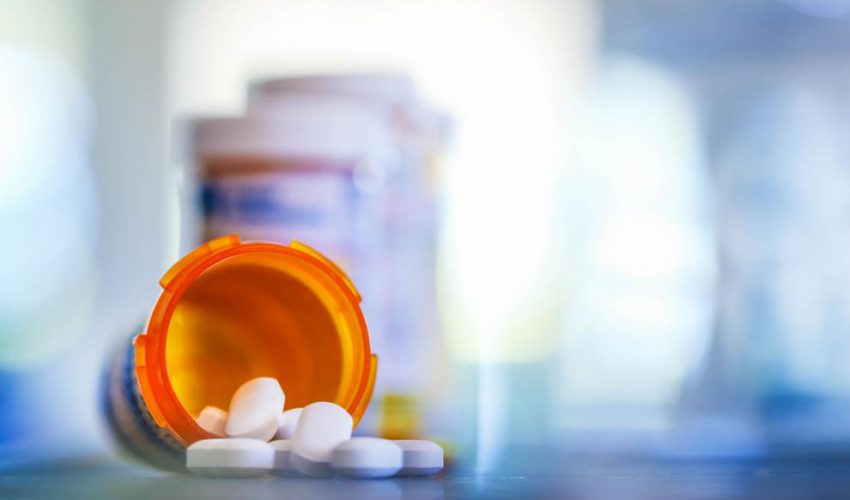SALT LAKE CITY – Utah Attorney General Sean D. Reyes announced today the final approval of the $26 billion opioid agreement with the nation’s three major pharmaceutical distributors: Cardinal, McKesson, AmerisourceBergen, and Johnson & Johnson. Following successful state sign-on and subdivision sign-on periods, the defendants will start releasing funds to a national administrator on April 2, 2022. Money will start flowing to state and local governments in the second quarter of 2022.
“We need to devote even more resources to the opioid epidemic as soon as possible, and this settlement will let us intensify the fight,” AG Reyes said. “Utah has made great strides, but the reality is still stark. Last year, 104,000 people died of opioid use disorder in the U.S.—that’s the largest number ever.”
AG Reyes continued: “To be clear, this settlement is not about trying to recover money for the loss of life. All the money in the world could not properly recompense the suffering and loss Utahns have endured. Instead, this money will help us immediately assist those in the cycle of addiction and prevent many of our own friends and family from ever heading down this tragic path in the future.”
The agreement marks the culmination of three years of negotiations to resolve more than 4,000 claims of state and local governments across the country. It is the second-largest multistate agreement in U.S. history, second only to the Tobacco Master Settlement Agreement.
Fifty-two states and territories have signed on to the agreement as well as thousands of local governments across the country. In Utah, 27 counties have signed onto the agreement. As a result, Utah will receive $266 million total over 18 years. $133 million will go to the state and $133 million will go to local communities to support treatment, recovery, harm reduction, expand needed services, and other strategies to address the opioid epidemic.
The Utah Opioid Task Force and the Opioid Settlement Advisory Committee, made up of various voluntary professionals across the state, formulated a blueprint to suggest a structured process as these funds start to be distributed to our state. We believe these suggested guardrails will maximize these funds and ensure funding will go to impactful interventions. To learn more, please visit www.UtahOpioidPriorities.com
In addition to the funds, Cardinal, McKesson, and AmerisourceBergen will:
- Establish a centralized independent clearinghouse to provide all three distributors and state regulators with aggregated data and analytics about where drugs are going and how often, eliminating blind spots in the current systems used by distributors.
- Use data-driven systems to detect suspicious opioid orders from customer pharmacies.
- Terminate customer pharmacies’ ability to receive shipments, and report those companies to state regulators, when they show certain signs of diversion.
- Prohibit shipping of and report suspicious opioid orders.
- Prohibit sales staff from influencing decisions related to identifying suspicious opioid orders.
- Require senior corporate officials to engage in regular oversight of anti-diversion efforts.
Johnson & Johnson is required to:
- Stop selling opioids.
- Not fund or provide grants to third parties for promoting opioids.
- Not lobby on activities related to opioids.
- Share clinical trial data under the Yale University Open Data Access Project.
###

